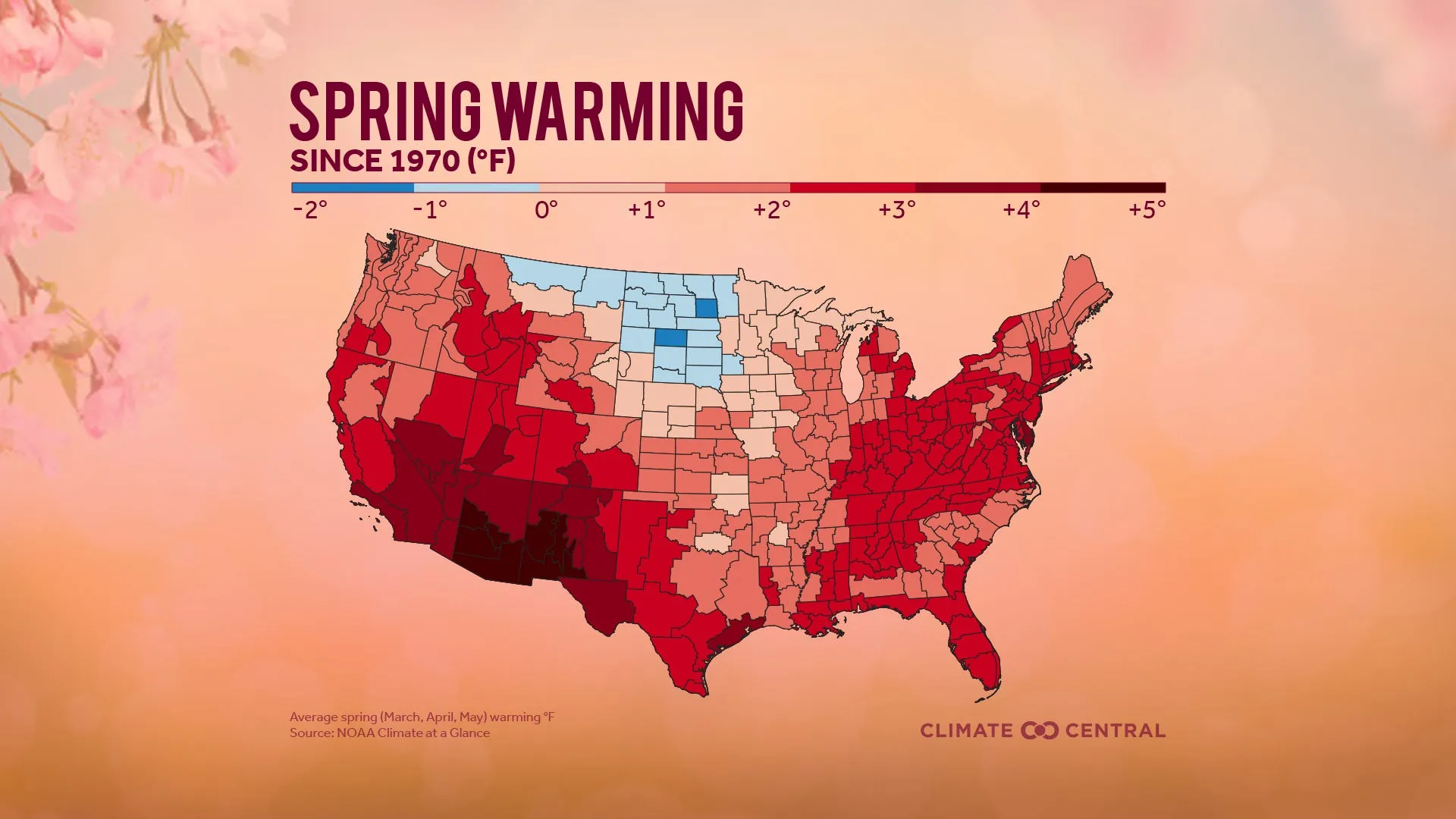Understanding the Impact of Climate Change on Mental Health and Suicide Prevention

Climate Change and Its Effects on Mental Health
Climate change has become a profound influence on mental health, leading to troubling trends in suicide rates and increased depression. In regions like Augusta, GA, events such as wildfires, droughts, and hurricanes create an environment filled with stress and anxiety.
Factors Contributing to Mental Health Risks
- Economic Inequities: Economic factors often place vulnerable populations at greater risk.
- Weather Events: Tropical storms can disrupt communities, leading to emotional distress.
- Environmental Issues: Ongoing climate challenges may worsen overall mental health.
Support and Prevention Strategies
Addressing these issues requires building awareness around suicide prevention and supporting those affected:
- Stay Informed: Understand how climate change impacts mental health.
- Offer Support: Be there for individuals facing hardships.
- Advocate: Promote mental health resources in affected communities.
Disclaimer: The information provided on this site is for informational purposes only and is not intended as medical advice. We are not responsible for any actions taken based on the content of this site. Always consult a qualified healthcare provider for medical advice, diagnosis, and treatment. We source our news from reputable sources and provide links to the original articles. We do not endorse or assume responsibility for the accuracy of the information contained in external sources.
This article was prepared using information from open sources in accordance with the principles of Ethical Policy. The editorial team is not responsible for absolute accuracy, as it relies on data from the sources referenced.